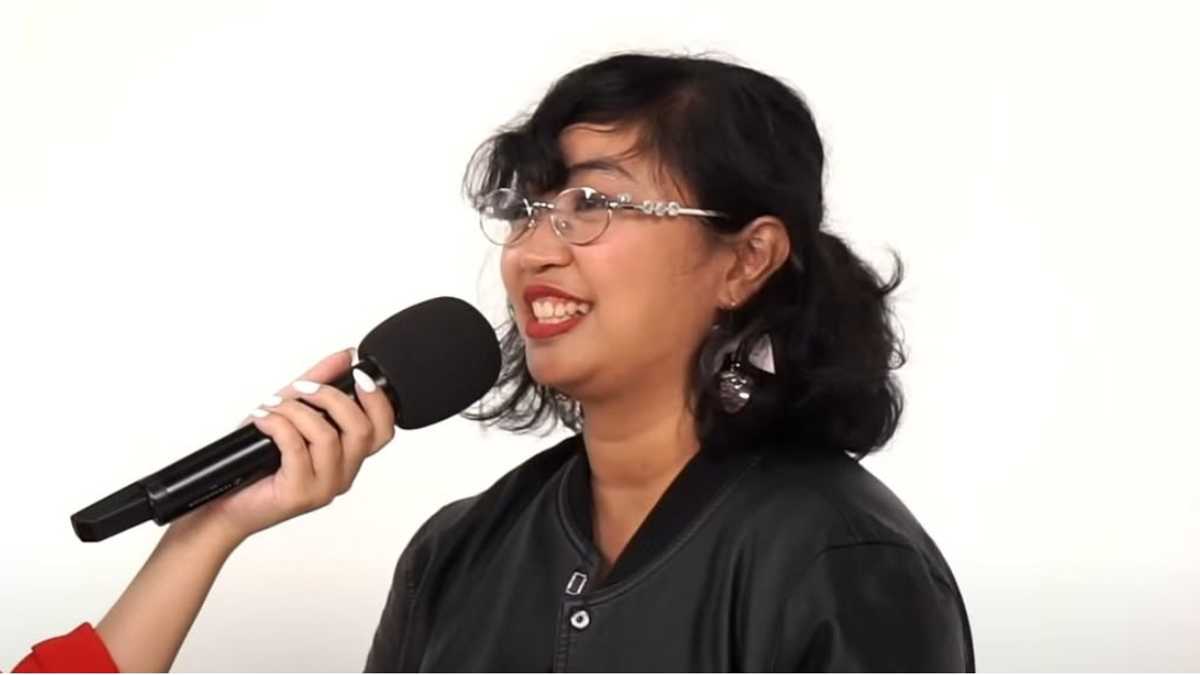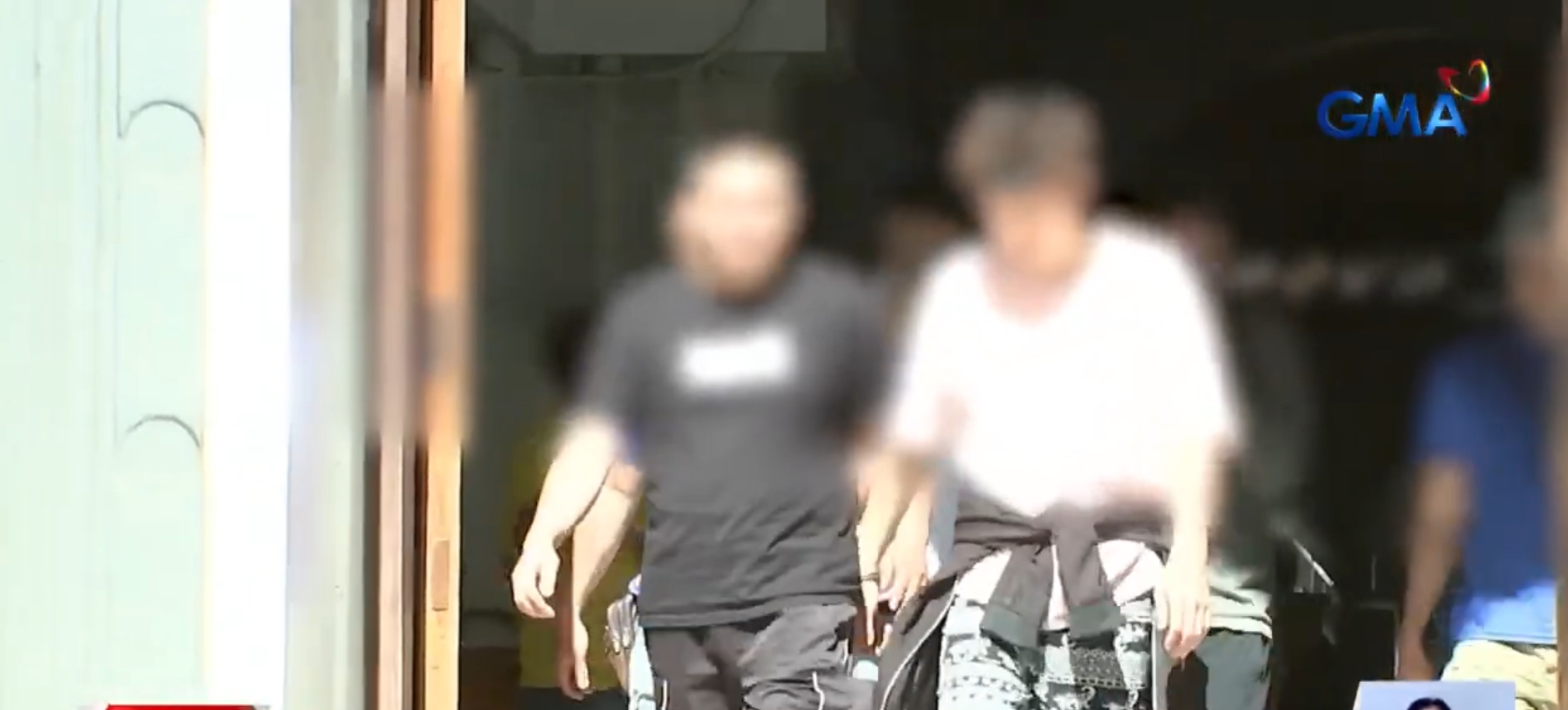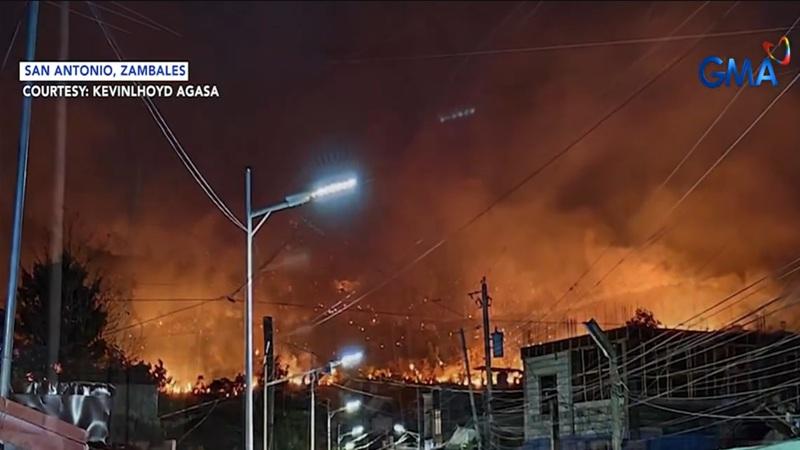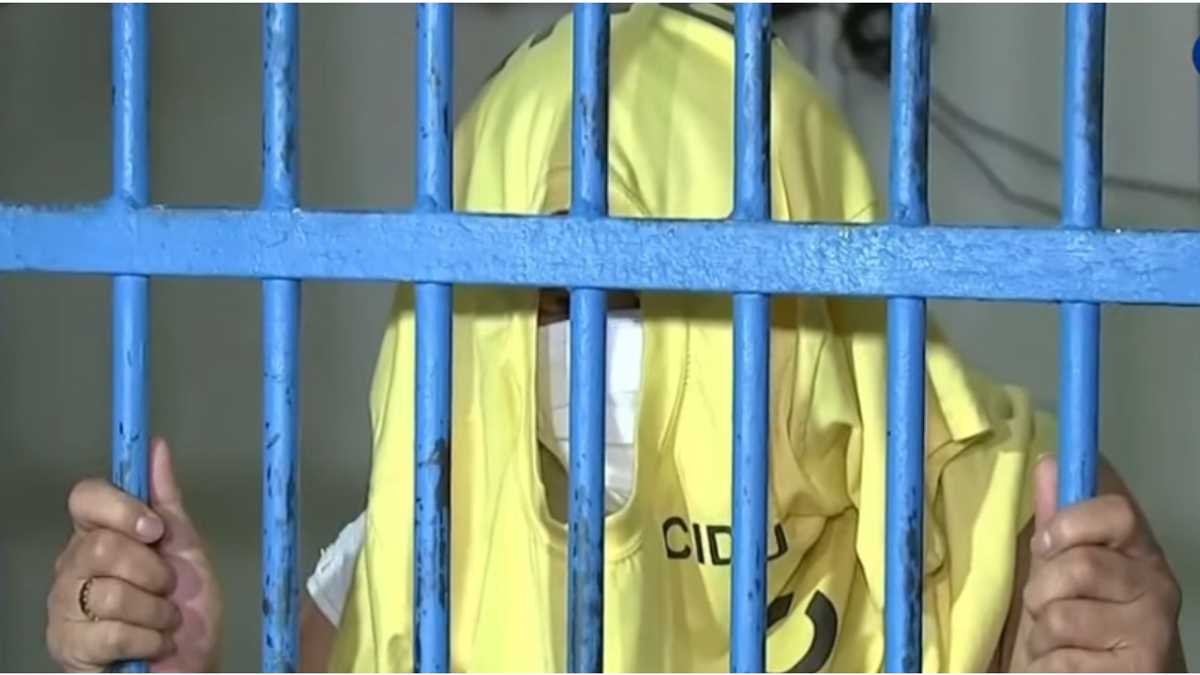ICC Silent on Duterte Arrest Warrant Rumors: What Does This Mean for the Former President?

ICC Remains Tight-Lipped on Duterte Warrant Speculation
The International Criminal Court (ICC) continues to maintain a strict silence regarding persistent rumors of an arrest warrant being sought for former Philippine President Rodrigo Duterte. This ongoing speculation has fueled intense debate and anxiety within the Philippines and internationally.
The Office of the Prosecutor, when pressed for a statement, reiterated its standard policy of not commenting on active investigations. “The ICC Office of the Prosecutor does not comment on ongoing investigations and has no comment on these reports,” a spokesperson stated, effectively shutting down further inquiries.
Background: The ICC Investigation and Duterte's Stance
The ICC's investigation into alleged crimes against humanity committed during Duterte’s “war on drugs” has been a source of considerable contention. Duterte, throughout his presidency, fiercely opposed the ICC's involvement, declaring the Philippines would withdraw from the court. The Philippines officially left the ICC in 2019.
Despite this withdrawal, the ICC maintains jurisdiction over crimes allegedly committed while the Philippines was still a member. This legal technicality is central to the current situation and the potential for an arrest warrant.
Potential Implications of an Arrest Warrant
Should the ICC issue an arrest warrant, it would present a complex and challenging situation. While the Philippines is no longer a member, an international warrant would still carry significant weight, particularly if Duterte were to travel outside of countries that have not ratified the Rome Statute (the treaty that established the ICC).
Furthermore, the issuance of a warrant would be a major symbolic blow, regardless of the Philippine government's stance. It would signal international condemnation of the actions taken during Duterte's administration.
Reactions and Analysis
The silence from the ICC has been met with varied reactions. Supporters of the investigation see it as a crucial step towards accountability for alleged victims of the drug war. Critics, including many Duterte loyalists, dismiss the ICC’s efforts as politically motivated and an infringement on Philippine sovereignty.
Legal experts are divided on the practical implications of an arrest warrant. Some argue that the Philippines, under its current administration, would likely refuse to cooperate with the ICC. Others suggest that the warrant could complicate Duterte’s movements and potentially expose him to arrest in countries that recognize the ICC’s authority.
Looking Ahead
The ICC’s silence underscores the sensitivity and complexity of the situation. The ongoing investigation and the possibility of an arrest warrant remain a significant legal and political issue, both within the Philippines and on the international stage. The world watches and waits for further developments, mindful of the potential ramifications for justice, accountability, and the rule of law.






